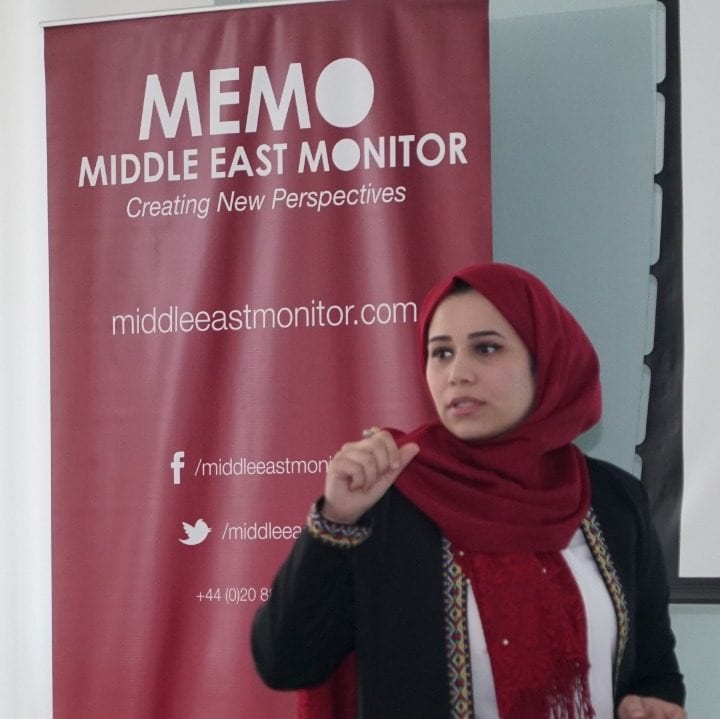Turkey has been given observer status in the Latin American and Caribbean Parliament, known as Parlatino. The move was confirmed in a tweet on Monday by Mustafa Şentop, the Speaker of the Grand National Assembly of Turkey. Twenty-three member states of Parlatino signed the formal protocol presented by the parliament’s head, Jorge Pizarro Soto, in a ceremony in the Turkish capital. The agreement seeks to strength international cooperation between parliaments, exchange knowledge and experience of legislative management, and identify and promote the formulation and implementation of policies, plans, programmes and projects of mutual interest. High up on the agenda are the moves to achieve peace and justice in the world, ending the arms race, mitigating the effects of global warming and promoting equal opportunities for women and men.
According to Said Elhaj, a writer and researcher on Turkish affairs, the move was no surprise. “Ever since the end of the Cold War, Turkey has been paying attention to different regions around the world,” he explained. “It is looking for a role in international affairs. Latin America and Africa, for example, were once relatively unknown to Turkey, but are now of special interest.”
Turkey has become an observer member to PARLATINO, the Latin American and Caribbean Parliament @Parlatino_org that has 23 member states. Signed the protocol on Turkey’s observer status with President Jorge Pizarro Soto, @pizarrosenador in the Grand National Assembly of Turkey. pic.twitter.com/0QblpsPITx
— Mustafa Şentop (@MustafaSentop) October 11, 2021
The visit of the Parlatino officials included meetings around Turkey, including a meeting with Minister of Foreign Affairs Mevlüt Çavuşoğlu. Moreover, Senator Soto and Parlatino’s executive secretary, Elías Castillo, toured the country to strengthen the ties of cooperation between parliaments, and met with the president of the Inter-Parliamentary Friendship Group for Chile and Turkey, Orhan Kircali. The visitors also laid a wreath at the plaque commemorating the July 2016 attempted coup.
Parlatino is a permanent regional unicameral body founded in 1964 to promote development and integration between countries. Its current members are Argentina, Aruba, Bolivia, Brazil, Chile, Colombia, Costa Rica, Cuba, Curaçao, Ecuador, El Salvador, Guatemala, Honduras, Mexico, Nicaragua, Panama, Paraguay, Peru, Dominican Republic, San Martín, Suriname, Uruguay and Venezuela. The organisation was established for several purposes, including the promotion of economic and social development across Latin America; the defence of freedom, social justice, economic independence and representative democracy; and full respect for human rights.
READ: Turkey is now the destination of choice for Palestinians
Turkey’s relations with Latin America and the Caribbean date back to the second half of the 19th century. There were several waves of migration from the Ottoman Empire to Latin America between the 1860s and the end of World War One. The relationship was generally stagnant until the 1990s, due mainly to geographical distance and foreign policy differences.
“Interest in Latin America and the Caribbean was boosted in 1998,” Elhaj pointed out. “This was revived in 2006 when Turkey announced that it was seeking opportunities for political, cultural, economic and diplomatic cooperation in the region.”
He believes that observer status at Parlatino is an important achievement for Turkey, even though it is still early days. “Nevertheless, I think this will lay solid economic and cultural foundations, giving Turkey extra options in the international community. This is important, because its relations with Russia and America are not at their best at the moment.”
Indeed, Turkey is under pressure from the US, not least due to disagreements over Syria and Ankara’s relationship with Moscow. That is why it is important for Turkey to develop new alliances. As the connection with North America is narrowing, the effort to expand links with South America is now of strategic importance.
The views expressed in this article belong to the author and do not necessarily reflect the editorial policy of Middle East Monitor.


![Jorge Pizarro Soto, the president of Parlatino with Speaker of Turkey’s Grand National Assembly, Mustafa Şentop, in Ankara [Parlatino_org/Twitter]](https://i0.wp.com/www.middleeastmonitor.com/wp-content/uploads/2021/10/Jorge-Pizarro-Soto-the-president-of-Parlatino-with-Speaker-of-Turkeys-Grand-National-Assembly-Mustafa-Şentop-in-Ankara-.jpg?fit=1199%2C800&ssl=1)

![FBcFlMaWYAkh3E4 [Parlatino_org/Twitter]](https://i0.wp.com/www.middleeastmonitor.com/wp-content/uploads/2021/10/FBcFlMaWYAkh3E4.jpg?w=471&h=344&ssl=1)
![FBgQAN0X0AUK3Pu [Parlatino_org/Twitter]](https://i0.wp.com/www.middleeastmonitor.com/wp-content/uploads/2021/10/FBgQAN0X0AUK3Pu.jpg?w=258&h=344&ssl=1)
![FBb0zMlWUAIaHMz [Parlatino_org/Twitter]](https://i0.wp.com/www.middleeastmonitor.com/wp-content/uploads/2021/10/FBb0zMlWUAIaHMz.jpg?w=459&h=344&ssl=1)
![FBgQFABWEAEMkJ2 [Parlatino_org/Twitter]](https://i0.wp.com/www.middleeastmonitor.com/wp-content/uploads/2021/10/FBgQFABWEAEMkJ2.jpg?w=429&h=572&ssl=1)
![FBbQG43XIAIGEe0 [Parlatino_org/Twitter]](https://i0.wp.com/www.middleeastmonitor.com/wp-content/uploads/2021/10/FBbQG43XIAIGEe0.jpg?w=763&h=572&ssl=1)








